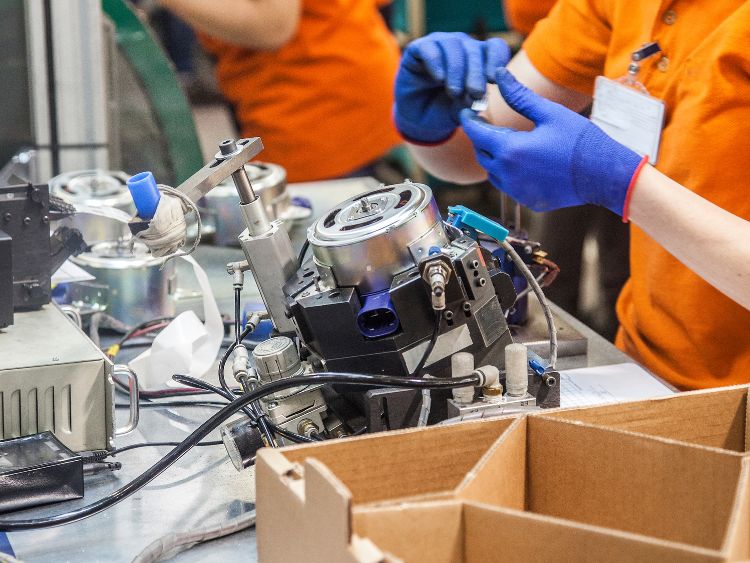Let’s dive right into the electrifying world of automotive wiring! Auto electrical wire forms the circulatory system of any vehicle, powering everything from the headlamps to the tail lights. In this comprehensive guide, we’ll explore the ins and outs of these essential components, demystify their complexities, and offer tips to keep your vehicle’s electrical system running smoothly. So buckle up, and let’s get this show on the road!
Understanding Auto Electrical Wire
Auto electrical wires are the lifelines of your vehicle’s electrical system. They transmit power and signals across various components, ensuring everything from your stereo to your speedometer works perfectly. Here’s a breakdown of what you need to know:
Types of Auto Electrical Wires
- Primary Wires: These are the backbone of the electrical system, used for general wiring of lights, accessories, and the ignition system.
- Battery Cables: These thick cables carry high currents from the battery to the vehicle’s electrical components.
- Speaker Wires: Designed to connect speakers to audio systems without losing sound quality.
- Data Cables: These handle the flow of data within more sophisticated automotive systems like CAN (Controller Area Network).
Materials Used
- Copper: The most common material due to its excellent conductivity and flexibility.
- Aluminum: Lighter than copper and used primarily in high-end vehicles to reduce weight.
Insulation and Protection
- PVC: Most wires are coated with PVC for insulation and protection against heat, abrasion, and moisture.
- Cross-linked Polyethylene (XLPE): This material withstands higher temperatures and is used in harsh engine environments.
How to Choose the Right Auto Electrical Wire
Choosing the right auto electrical wire is crucial for safety and functionality. Here are some factors to consider:
- Gauge: The wire’s thickness should match the current it will carry.
- Insulation Type: Consider the environment where the wire will be used—some are better suited for heat resistance, while others are for flexibility.
- Length: Ensure you have enough wire without excess to avoid voltage drops and power loss.
Installation Tips
Installing or replacing auto electrical wire doesn’t have to be a daunting task. Here’s how you can do it safely:
- Disconnect the battery: Always start by disconnecting the battery to avoid any electrical accidents.
- Use the right tools: Wire strippers, crimping tools, and electrical tape are your best friends here.
- Follow the color code: Adhering to the vehicle’s wiring diagram prevents confusion and errors in connection.
- Secure the wires: Use cable ties or clamps to keep wires in place and protected from wear and tear.
Common Issues and Troubleshooting
Even the best-installed system can run into problems. Here are some common issues with auto electrical wires and how to fix them:
- Short Circuits: These occur when wires are exposed and touch each other or the vehicle body. Inspect for damaged insulation and replace faulty wires.
- Corrosion: Look for any greenish or white powder on the terminals, which indicates corrosion. Clean the terminals or replace the wires if necessary.
- Loose Connections: Ensure all wire connections are tight and secure to prevent intermittent failures.
FAQs About Auto Electrical Wire
- What size wire do I need for my car stereo?
- Typically, a 12 to 14 gauge wire is sufficient for car stereos.
- Can I use any wire for my car’s electrical system?
- No, it’s crucial to use automotive-grade wire designed to withstand the environmental conditions of a vehicle.
- How often should I check my vehicle’s wiring?
- It’s a good idea to inspect your vehicle’s wiring annually or whenever you perform major electrical upgrades.
Conclusion
Understanding the basics of auto electrical wire is essential for any car owner or enthusiast. From choosing the right wire to troubleshooting common issues, this guide has covered everything to ensure your vehicle’s electrical system functions flawlessly. Remember, a well-maintained electrical system not only ensures reliability but also safety on the road. Keep those wires in check, and you’ll be geared up for a smooth ride!

